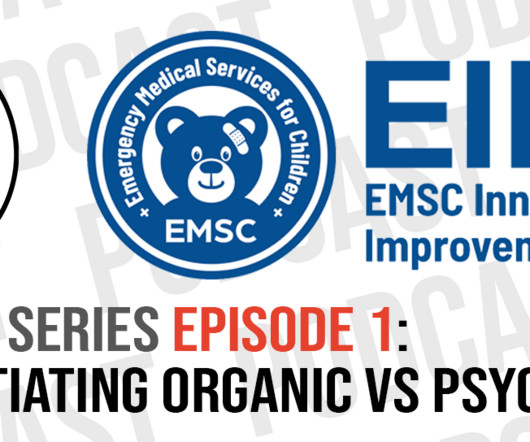Misconceptions of Employer Sponsored Direct Primary Care (DPC)
Plum Health
MAY 22, 2023
Employers are increasingly finding that DPC offers a personalized doctor-patient relationship, comprehensive preventive care, and overall cost savings. Thus, DPC forms a better long-term investment focused on preventive care, as opposed to only treating patients post-diagnosis. Get started by contacting us today.














Let's personalize your content